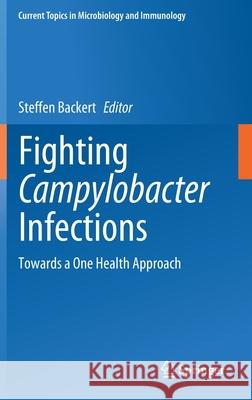Fighting Campylobacter Infections: Towards a One Health Approach » książka
topmenu
Fighting Campylobacter Infections: Towards a One Health Approach
ISBN-13: 9783030654801 / Angielski / Twarda / 2021 / 319 str.
Fighting Campylobacter Infections: Towards a One Health Approach
ISBN-13: 9783030654801 / Angielski / Twarda / 2021 / 319 str.
cena 563,56
(netto: 536,72 VAT: 5%)
Najniższa cena z 30 dni: 539,74
(netto: 536,72 VAT: 5%)
Najniższa cena z 30 dni: 539,74
Termin realizacji zamówienia:
ok. 16-18 dni roboczych.
ok. 16-18 dni roboczych.
Darmowa dostawa!
Kategorie BISAC:
Wydawca:
Springer
Seria wydawnicza:
Język:
Angielski
ISBN-13:
9783030654801
Rok wydania:
2021
Wydanie:
2021
Numer serii:
000195728
Ilość stron:
319
Waga:
0.65 kg
Wymiary:
23.39 x 15.6 x 2.06
Oprawa:
Twarda
Wolumenów:
01
Dodatkowe informacje:
Wydanie ilustrowane











